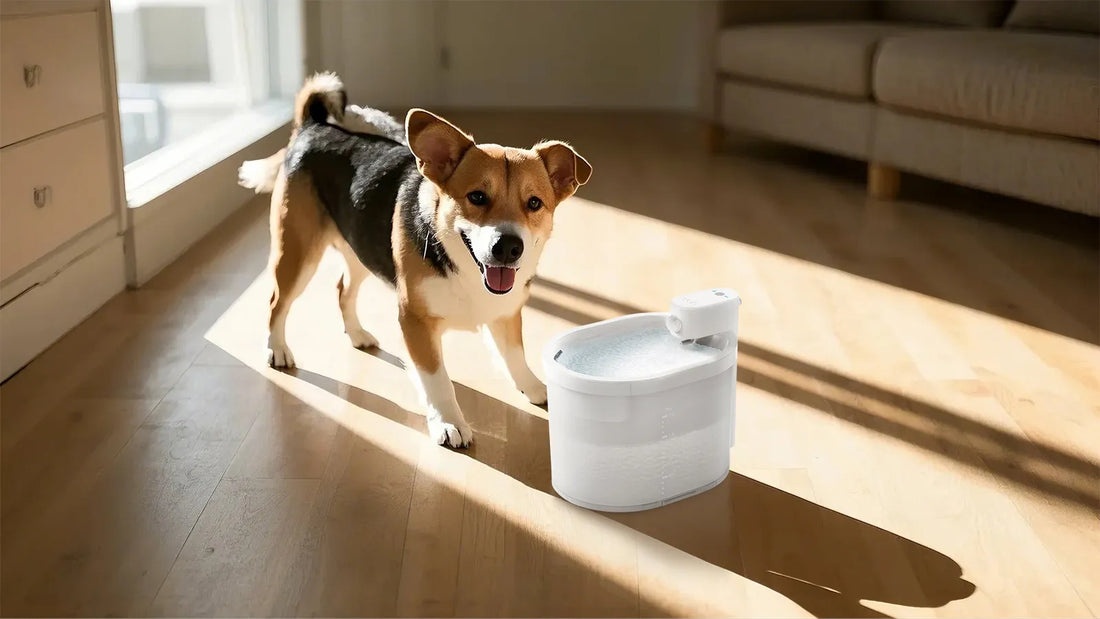When your usually energetic feline companion becomes lethargic and refuses to eat or drink, it can be a cause for serious concern. Cats are known for their independence, but sudden changes in behavior often signal underlying health issues. Understanding the possible causes, recognizing the symptoms, and knowing how to respond can make all the difference in ensuring your cat's well-being.
Common Causes of a Lethargic Cat Not Eating or Drinking
There are numerous reasons why a cat might become lethargic and lose its appetite. Some of the most common causes include:
- Illness or Infection: Conditions such as kidney disease, liver problems, or infections can lead to lethargy and a lack of appetite.
- Dental Issues: Painful dental problems, such as gum disease or tooth decay, can make eating uncomfortable for your cat.
- Stress or Anxiety: Changes in the environment, such as moving to a new home or the introduction of a new pet, can cause stress and affect your cat's eating habits.
- Parasites: Internal parasites like worms can sap your cat's energy and reduce its desire to eat.
- Poisoning: Ingestion of toxic substances, such as certain plants or chemicals, can lead to lethargy and a refusal to eat or drink.
Recognizing the Symptoms
Identifying the symptoms early is crucial for addressing the issue promptly. Look out for the following signs:
- Lethargy: Your cat may appear unusually tired, sleeping more than usual and showing little interest in activities.
- Loss of Appetite: A noticeable decrease in food intake or complete refusal to eat.
- Dehydration: Check for signs of dehydration, such as dry gums, sunken eyes, or reduced skin elasticity.
- Weight Loss: Rapid or noticeable weight loss over a short period.
- Behavioral Changes: Your cat may become more withdrawn, irritable, or exhibit other unusual behaviors.
What to Do If Your Cat Is Lethargic and Not Eating or Drinking
If you notice these symptoms, it's essential to take action quickly. Here are some steps you can take:
- Consult a Veterinarian: The first and most crucial step is to seek professional advice. A veterinarian can perform a thorough examination and diagnose the underlying cause.
- Provide a Comfortable Environment: Ensure your cat has a quiet, comfortable space to rest and recover.
- Encourage Hydration: Offer fresh water and consider using a water fountain to entice your cat to drink.
- Offer Palatable Food: Try offering different types of food, such as wet food or a special diet, to stimulate your cat's appetite.
- Monitor Closely: Keep a close eye on your cat's behavior and symptoms, and report any changes to your veterinarian.
Preventative Measures
Preventing lethargy and loss of appetite in cats involves maintaining a healthy lifestyle and being attentive to their needs. Here are some preventative measures:
- Regular Veterinary Check-ups: Routine visits to the vet can help catch potential health issues early.
- Balanced Diet: Provide a balanced and nutritious diet tailored to your cat's age, weight, and health needs.
- Stress Management: Minimize stressors in your cat's environment and provide plenty of mental and physical stimulation.
- Parasite Control: Regularly deworm your cat and use preventative treatments for fleas and ticks.
- Safe Environment: Ensure your home is free from toxic substances and hazards that could harm your cat.
Seeing your cat lethargic and refusing to eat or drink can be distressing, but with prompt action and proper care, you can help your feline friend recover. Always consult a veterinarian for a professional diagnosis and treatment plan. By understanding the potential causes and taking preventative measures, you can ensure your cat remains healthy and happy for years to come.













